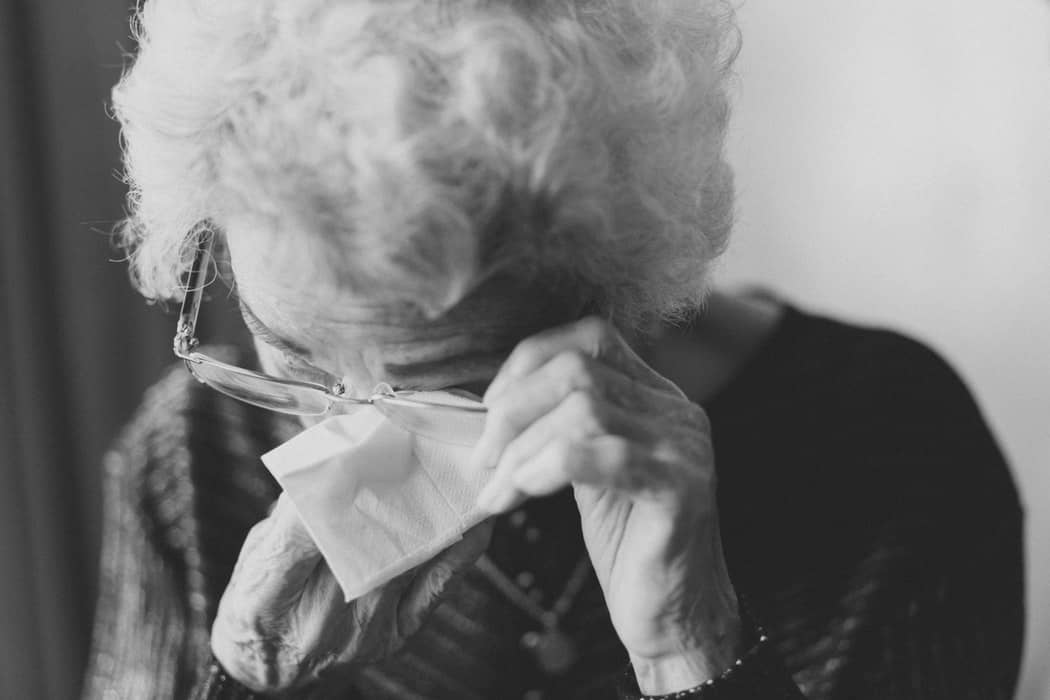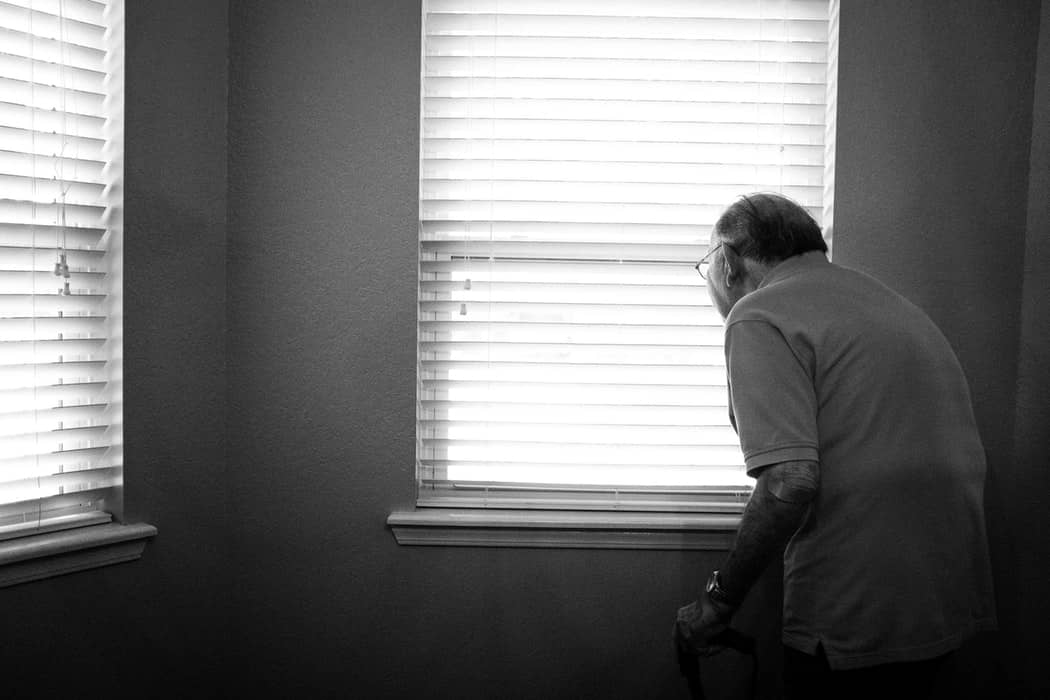Home Healthcare for Patients With Cancer
Cance r treatment, including chemotherapy, radiation, and surgery, affects a person’s physical health and mental health. Whether the patient lives alone or with family, the side effects and healing process can take a toll on everyone. When recovering from cancer treatments, a helpful option to look into is home healthcare.
r treatment, including chemotherapy, radiation, and surgery, affects a person’s physical health and mental health. Whether the patient lives alone or with family, the side effects and healing process can take a toll on everyone. When recovering from cancer treatments, a helpful option to look into is home healthcare.
Studies have shown that patients are generally more comfortable in their own homes, where they can find solace and a sense of familiarity. Each family and individual’s needs are unique. A professional caregiver can help doctors get a better picture of patients in their environment, allowing doctors to make informed decisions about a patient’s health options.
When cancer patients are discharged from the hospital, they will most likely receive some orders from their Doctor for some type of skilled home healthcare on a limited basis that may be covered by their Medical Insurance and will ensure they are well taken care of during and after their treatment.
Benefits of Having an In-Home Caregiver
We believe that the emotional and medical aspects of home care are inseparable. Cancer patients require specialized health care assistance, Registered Nurses can provide a higher level of care when needed including the following support:
- Administer medication
- Administer treatment
- Perform diagnostic tests
- Organize care plans
- Manage other caregivers including Licensed Practical Nurses (LPNs), Certified Nursing Assistants (CNAs), and Home Health Aides (HHAs)
Safety Tips After Chemotherapy
Chemotherapy is the use of drugs to destroy cells that grow and divide faster than usual, such as cancer cells. The drugs used for chemotherapy are powerful, and can still affect healthy cells causing the typical chemotherapy-related side effects.
A cancer treatment that targets the entire body, such as chemotherapy, is known as a systemic treatment. The drugs used for chemotherapy circulate throughout the bloodstream to destroy cancerous cells almost anywhere in the body.
After chemotherapy, the drugs used are present in body fluids, including urine, tears, vomit, and blood for 48 to 72 hours. Exposure to any of these fluids can cause rash, nausea, and allergic reactions. If you or a loved one is currently receiving chemotherapy you should follow these precautions:
- You should close the lid before flushing the toilet and flush twice each time it is used. If possible, you may wish to use a separate bathroom for a patient with cancer.
- Always wash your hands well with soap and water after using the bathroom or coming into contact with bodily fluids.
- Traces of chemotherapy drugs may be found on any clothing or laundry that a patient has soiled. Make sure to machine-wash any sheets, towels, or clothes right away in a separate load using hot water with regular laundry detergent. If you can’t wash them immediately, place them in a sealed plastic bag. Do not hand wash.
- When cleaning up bodily fluids caregivers must wear two pairs of disposable gloves. Dispose of them immediately after each use and wash your hands well.
- If caregivers have been accidentally exposed to any bodily fluids, they should wash the area well with soap and water and take extra precautions to avoid repeated exposure. They also may want to inform their doctors about it on their next visit.
- Absorbable undergarments and soiled throwaway items should be placed in sealed plastic bags before putting them into the trash.
- Most chemotherapy patients have a really hard time after getting the treatment, having a companion available to care for the patient after chemotherapy will ensure that help is available should they need it.
Certified Nursing Assistant Services
 Caring for a loved one with cancer can be exceptionally difficult and stressful, support for caregivers and family members is crucial. In-home nursing care, even just part-time, can help alleviate this stress while also providing the care that the individual needs.
Caring for a loved one with cancer can be exceptionally difficult and stressful, support for caregivers and family members is crucial. In-home nursing care, even just part-time, can help alleviate this stress while also providing the care that the individual needs.
Certified nurses have to follow strict standards published by the Occupational Safety Health Administration (OSHA) and the Oncology Nursing Society (ONS). They also have plenty of knowledge about chemotherapy and safeguarding against drugs that are found in bodily fluids.
Since there’s no place like home, in-home caregivers such as Registered Nurses and Certified Nursing Assistants (CNAs) can be invaluable in ensuring that you or a loved one is both comfortable and well taken care of. They are often the eyes and ears of medical teams including doctors. By recognizing subtle changes in a patient’s condition at home, they can prevent serious adverse events, administer fluids to alleviate some of the side effects, and also provide assistance with activities of daily living while keeping an individual company during a hard time.
At 24/7 Nursing Care we pride ourselves in referring in-home CNA’s that fit an individual’s circumstances and needs. It is our priority to coordinate personalized referral services that combine high-quality care with tender loving care.





